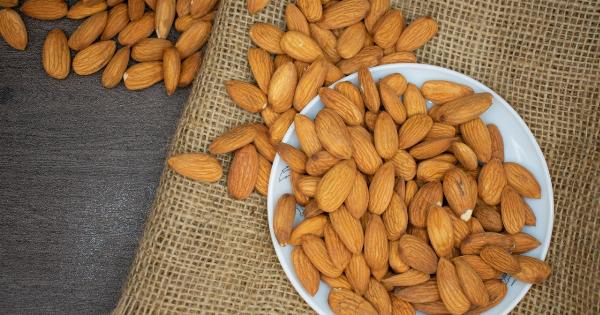Looking for a new superfood to add to your diet? Consider the legume. This protein-packed food offers a range of health benefits that many people overlook.
Legumes come in many varieties, including beans, lentils, peas, and chickpeas, and they are a staple food in many cultures around the world. Here, we’ll explore the benefits of legumes and share some tasty ways to incorporate them into your meals.
Health Benefits of Legumes
Legumes are nutritional powerhouses. They are low in fat, low in calories, and high in protein, fiber, and essential nutrients. Here are some of the health benefits you can get from adding legumes to your diet.
1. Improved Heart Health
Legumes are rich in soluble fiber, which has been shown to help reduce cholesterol levels in the blood. High cholesterol levels are a risk factor for heart disease, so eating legumes can help protect your heart health.
Additionally, the soluble fiber in legumes can help regulate blood sugar levels, which is important for preventing diabetes.
2. Protein-Packed
Legumes are an excellent source of plant-based protein.
Studies have shown that vegetarians and vegans who rely on legumes as their primary protein source tend to have lower body weight and improved health markers, such as lower blood pressure and cholesterol levels, compared to those who rely on animal-based protein.
3. Blood Sugar Regulation
The protein and fiber in legumes can help keep your blood sugar levels stable, which is important for preventing and managing diabetes. Eating legumes can also help you feel fuller for longer, reducing your risk of overeating and weight gain.
4. Improved Digestive Health
Legumes are high in fiber, which helps promote healthy digestion. Eating fiber-rich foods like legumes can help prevent constipation, reduce the risk of colon cancer, and improve gut health.
5. Weight Management
Because legumes are high in protein and fiber, they can help you feel fuller for longer. This can reduce your food intake and help you manage your weight. Legumes are also low in calories and fat, making them an excellent food for weight loss.
How to Incorporate Legumes into Your Diet
Adding legumes to your diet is easy and delicious. Here are some tips for incorporating legumes into your meals:.
1. Add Beans to Your Salad
Beans are a great addition to salads. Try black beans in your taco salad or chickpeas in your Greek salad. Beans add fiber, protein, and texture to your salads.
2. Make a Bean Soup
Bean soups are hearty and nutritious. Try making a black bean or lentil soup for a filling and satisfying meal.
3. Make a Bean Dip
Bean dips are a great snack or appetizer. Try making hummus or black bean dip and serving it with vegetables or whole-grain pita chips.
4. Make a Veggie Burger
Legumes make a great base for veggie burgers. Try making a black bean burger or a lentil burger for a protein-packed meal.
5. Add Lentils to Your Stir-Fry
Lentils are a great addition to stir-fries. They add protein, fiber, and texture to your meal.
Conclusion
Legumes are a delicious and nutritious food that should be a staple in any healthy diet. With their impressive nutritional profile and wide array of health benefits, it’s easy to see why legumes are gaining popularity as a superfood.
So, go ahead and add some legumes to your diet today!.






























